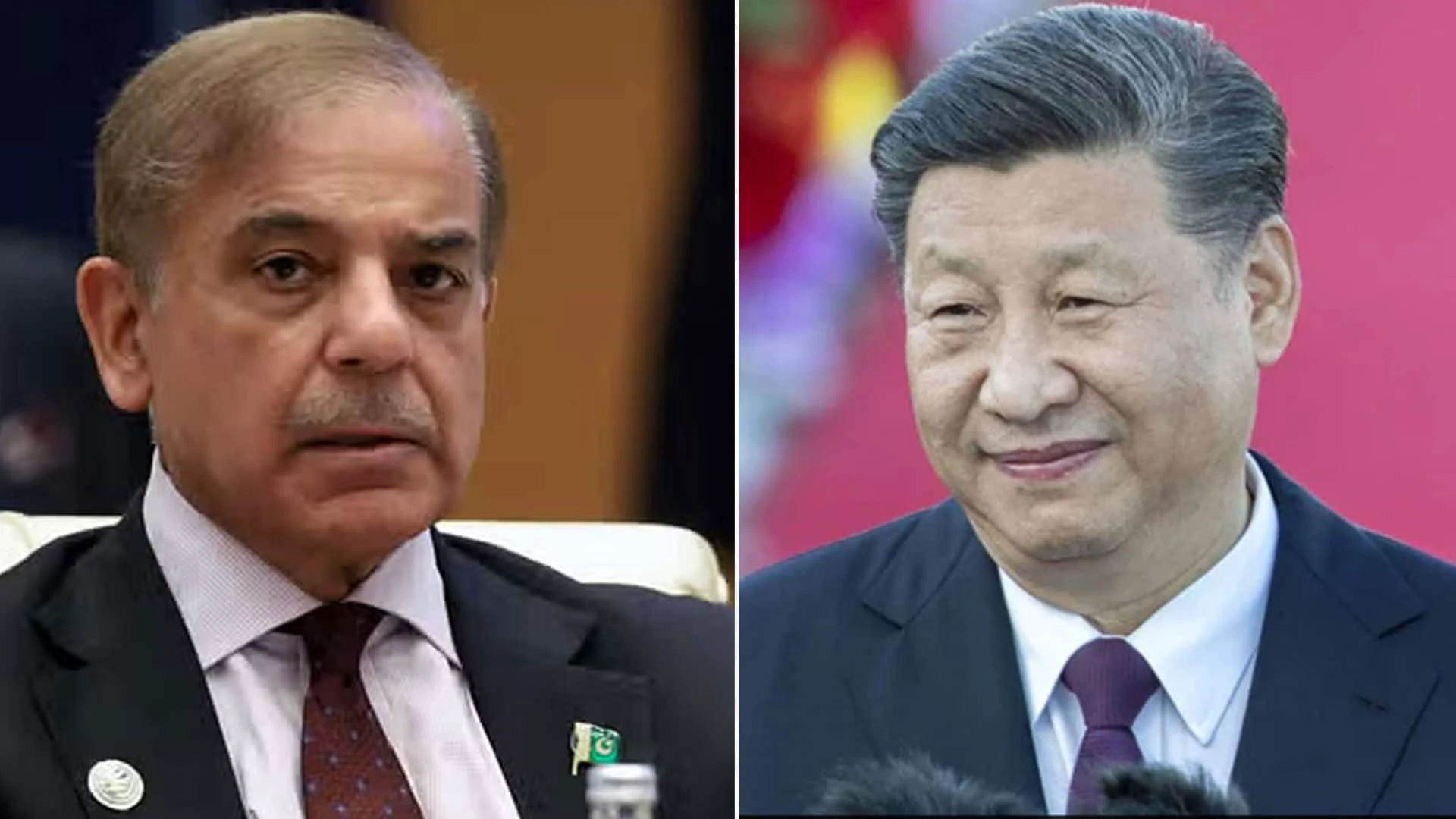Pakistan’s ambitious Hangor-class submarine programme, a centrepiece of the China-Pakistan naval partnership, is on track for induction in 2026, according to Admiral Naveed Ashraf, Chief of Naval Staff of the Pakistan Navy.
According to the , Ashraf said the project was progressing smoothly, noting that the recent launch of the second and third submarines in China marked “a major milestone for naval collaboration between China and Pakistan.”
Eight-Submarine Deal Driving Technology Transfer
Islamabad first signed the contract with Beijing in 2015 to acquire eight Hangor-class conventional submarines. Four of them are to be built in China, and the remaining four are to be assembled in Pakistan. The arrangement aims to boost local shipbuilding capacity and advance technical self-reliance.
Under the current schedule, all eight vessels will be delivered between 2022 and 2028. The first submarine was launched in April 2024, followed by two more this year.
Ashraf described the programme as a dual success. It will enhance Pakistan’s undersea warfare capabilities and also enable homegrown expertise at the Karachi Shipyard & Engineering Works.
Chinese Frigates Strengthen Multi-Mission Capabilities
Beyond the Hangor project, Pakistan’s partnership with China has also produced the Type 054A/P multirole frigates, now in active service with the Pakistan Navy. Ashraf praised them as “among the most advanced surface combatants.”
He credited these ships with elevating the Navy’s operational versatility, particularly in air defence, anti-submarine warfare, and maritime surveillance.
“These platforms are playing a key role in ensuring maritime security in the North Arabian Sea and the broader Indian Ocean region, which is critical for global economy,” he said.
By protecting vital trade routes, including those tied to the China-Pakistan Economic Corridor (CPEC), Ashraf said, the Navy helps sustain trade and investment that benefit not only Pakistan but the entire region.
Chinese Systems ‘Reliable, Advanced and Well-Suited’
The Pakistani naval chief praised the quality and consistency of Chinese-origin defence systems. He noted that Chinese-origin platforms and equipment have been reliable, technologically advanced and well-suited to Pakistan Navy’s operational requirements.
He also said that the Pakistan Navy’s experience with them has been very positive, both in terms of performance and technical support.
Future Tech Collaboration and Joint Exercises
Ashraf also highlighted the growing focus on unmanned systems, artificial intelligence, and advanced electronic warfare in areas where Pakistan plans deeper collaboration with Chinese industries.
He pointed to the expanding scope of China-Pakistan naval cooperation, which now includes frequent joint exercises such as the Sea Guardians series, covering missions from counter-terrorism to maritime search and rescue.
“Most importantly, such engagements demonstrate our shared resolve to promote peace, stability and freedom of navigation in the region,” Ashraf said.
‘A Trusted Partner in Modernisation’
Looking ahead, the admiral described the China-Pakistan naval partnership as one grounded in “friendship, mutual respect, trust and shared strategic interests.”
“In the coming decade, we expect this relationship to grow stronger, encompassing not only shipbuilding and training, but also enhanced interoperability, research, technology sharing and industrial collaboration,” he said.
He added that “there is immense potential for cooperation in advanced technologies, unmanned systems, marine scientific research and maritime industry development.”
“Together, we aim to ensure a secure and stable maritime environment that supports regional peace and prosperity,” he said.
Ashraf summed up the partnership by calling China “a trusted partner in the Pakistan Navy’s modernisation journey.”
“This cooperation goes beyond hardware; it reflects a shared strategic outlook, mutual trust, and a long-standing partnership,” he said.
